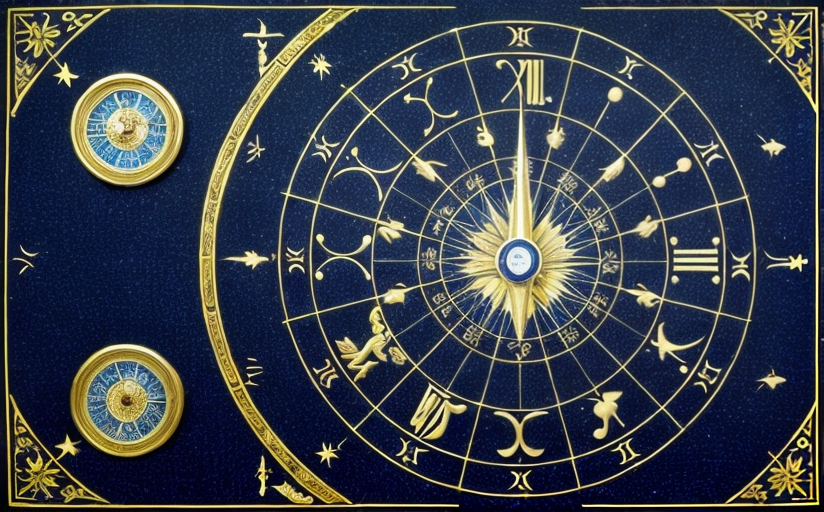The Influence of Astrology on Decision-Making and Health and Wellness
Ancient, yet continually evolving, astrology has long been an influential force that subtly shapes the choices we make every day. From romantic interests to career choices, the Zodiac signs and their associated traits permeate our thought processes. However, the impact of these celestial configurations extends far beyond everyday decision making, penetrating aspects of health and wellness too.
Astrology: A Historical Intersection with People's Lives
Astrology, the ancient study of celestial bodies' impacts on human affairs, has roots dating back at least 2,000 years. Ancient civilizations, such as the Greeks, Romans, and Egyptians, heavily relied on astrology for insights into many aspects of life.
In line with these historical views, astrology was not a superstition but a cultural universal, integral to societal functioning. In modern times, though the scientific community largely dismisses astrology as pseudoscience, hundreds of millions of people worldwide still believe in or practice astrology as a guide to life's decisions.
Astrological Significance: Sign, Personality, and Lifestyle
Astrology asserts that your birth chart — mapping the positions of the planets at your time of birth — is intrinsic to your identity. The Sun sign, more commonly known as a zodiac sign, is deemed particularly significant. Astrologers believe that an individual's Sun sign influences their basic personality traits, inherent strengths, and potential weaknesses.
Each zodiac sign is associated with different characteristics that can guide people's actions, decision-making processes, and overall lifestyle. It may explain why some people prefer solitude while others thrive in public speaking, why some individuals are methodical savers while others are impulsive shoppers.
The Controversy Surrounding Astrology
The application of astrology in decision-making and wellness is a contentious topic. Critics argue that it promotes fatalism, reduces individual agency, and eschews scientific rationality. Skeptics also point out the Barnum effect, which suggests that individuals believe vague, generalized statements about personality are uniquely applicable to them, thereby perpetuating astrological beliefs.
Astrology and Health: A Holistic Perspective
Apart from shaping personalities and influencing decisions, astrology is also associated with one's health and wellness. Each zodiac sign is linked with certain body parts and health issues. For instance, Taurus governs the neck and throat, potentially making individuals under this sign more susceptible to ailments in these areas.
From a wellness perspective, astrological understanding may help individuals tailor their health routines to better prevent potential ailments. For instance, a Leo, associated with the heart and spine, may focus more on cardiovascular exercises and maintaining good posture.
Incorporating Astrology into Wellness Routines
Acknowledging astrology's influence can foster a holistic approach to well-being. Individuals may develop a deeper awareness of their emotional and mental health patterns linked to their astrological signs. Using astrology in wellness routines may involve identifying sign-specific stress triggers and developing coping strategies. It can encourage self-reflection, introspection, and a greater understanding of oneself, holding potential for emotional and mental growth.
In conclusion, while there is no one-size-fits-all approach to astrology's practical application, its discerning influence in our everyday choices and overall wellness is undeniable. It remains, after all these centuries, a tool for self-discovery, self-improvement, and self-care that calls us to look beyond the mundane and reach for the stars.

















Comments
Leave a Comment